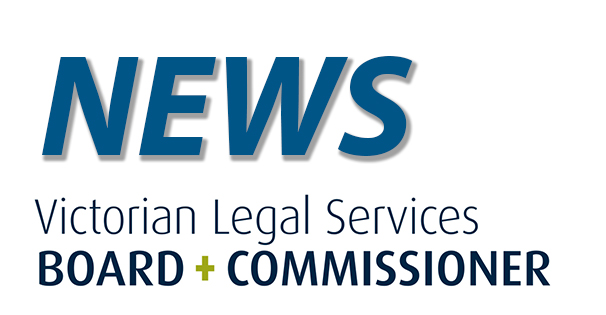
Renew your practising certificate – only one week remaining!
Time is running out to renew your practising certificate.
This page explains the risks faced by lawyers when acting for family members.
If an irregularity occurs in a trust account, no matter the value, is it important that to inform us as soon as possible
If you are a lawyer, an associate of a law practice, an approved clerk, an external examiner or a bank that deals with legal practice trust accounts, and you become aware of a deficiency or irregularity in a trust account or trust ledger, you must tell us as soon as practicable. You can do that by filling out the reporting form below.
A deficiency or irregularity includes:
For more information about what constitutes trust money, see our Trust money webpage.
A compliance summary template form to ensure that the minimum requirements are met for your Professional Indemnity Insurance policy
In this document you will find a range of questions you may want to ask when you meet your lawyer for the first time
We recognise the benefits of digital self-help tools to consumers and lawyers.
These tools can help consumers quickly navigate common and simple legal processes e.g. standardised forms or letters. They can also save lawyers time to focus on more complex legal matters.
When developing a digital self-help tool, it’s important not to cause unnecessary risk to the consumers who use it or the law practice or legal service provider responsible for it.
Here are some things you can do to ensure your tool is safe and consumer-friendly.